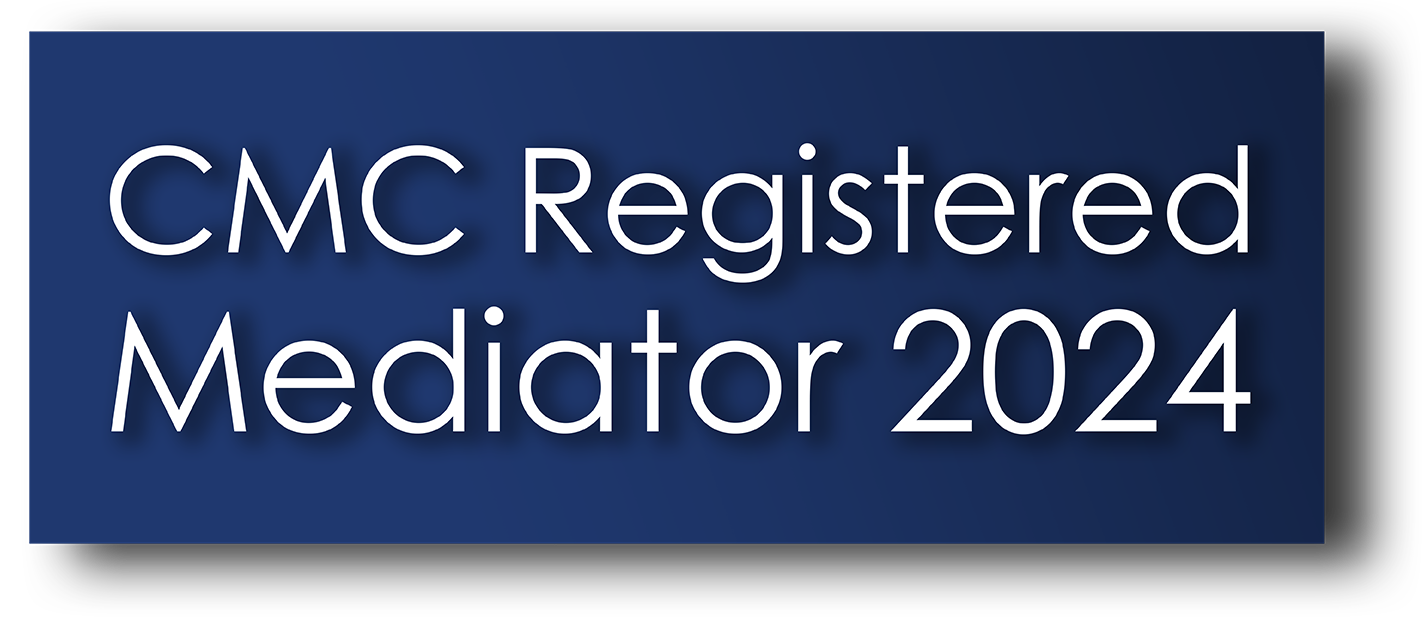About Mediation
Benefits of mediation
- Efficient and cost-effective route to ending a dispute
- The parties control the outcome
- Supportive process for the parties to reach a solution
- That solution is the parties’ solution and is not imposed on them by a third person
- Neutral and independent facilitation
- Confidential process
- Without Prejudice approach. This allows negotiation without fear of a settlement offer or an admission of a potential weakness in a case being put before a Court in legal proceedings (with limited exceptions)
What happens at a mediation?
Going to trial to get a commercial dispute resolved should always be a last resort, so if the conflict you’re experiencing can’t be settled by direct negotiation, then mediation provides a route to resolution which has the potential to avoid the spiralling costs and expenditure of time of going to trial.
Mediation is a confidential process designed and facilitated by a qualified, neutral person who works with all of the parties to a dispute to resolve their dispute by negotiation: whether to settle the dispute and, if so, on what terms, are always decisions for the parties alone.
The mediation process generally takes place in 5 stages. The process is a flexible one and I design it to suit the particular dispute and the people involved in it.
Stage 1: the preparation stage
The initial steps are:
- Choosing the mediator
- Agreeing a date for the mediation
- Agreeing if the mediation is to be online or in person
- Agreeing a location for the mediation if it is to take place in person
- Entering into the mediation agreement
- Paying the mediator’s fee
- Exchanging written case summaries and providing key documents to the mediator (where possible as a bundle agreed between the parties)
During this stage, I talk with the parties and /or their lawyers:
- To discuss the mediation process
- To check who will be at the mediation
- To learn about any settlement negotiations which have already taken place
- To discuss an opening meeting with all the parties present (and if there is to be an opening presentation who would make this and how much time this would take)
- To discuss practicalities for the day
Stage 2: the opening stage
Meeting with each of the parties in their own private room ahead of any joint opening session.
At any opening session:
- I emphasise confidentiality and the without prejudice nature of the mediation
- I summarise the key aspects of my role as mediator and of the role of the parties
- I give a recap on the mediation process
- The parties make their opening statements (if they have chosen to do so)
Stage 3: the exploration stage
I work with each of the parties and their teams in a number of meetings in their private rooms. These discussions are wide-ranging and enable me to understand their perspectives about what has occurred, what is happening and what might happen going forward; and what their needs, interests and priorities are. I also seek to understand what barriers to settlement there may be and how these might be overcome.
As this stage progresses, and only with the party’s permission, certain information would be given to the other party so that they are aware of the other’s interests and perspectives. I work to identify what information might help with moving towards a settlement.
As we move towards the end of this stage, each of the parties should have a broad idea of a possible path to settlement. The parties will be alive to the fact that for a settlement to be reached, negotiation positions will need to move; part of this movement will flow from parties considering their risks.
There are no fixed rules about whether we work in private sessions alone in this stage or whether there are also joint sessions; during this stage of a mediation, we can have both private and joint sessions.
Stage 4: the bargaining stage
Once the parties are ready to talk about settlement terms, the mediation transitions into the bargaining stage. I help each of the parties to identify what a settlement might look like in outline and to generate proposals. I also support them in moving through the negotiation process and dealing with hurdles which may need to be overcome. This stage of a mediation can again have both private and joint sessions. Reality testing and challenging are a normal part of the mediation process, in particular during the bargaining stage.
Stage 5: the concluding stage
During this stage, if the parties have worked out a solution that satisfies them, then a written settlement agreement will be drafted by the parties’ lawyers and negotiation of some points arising from this can be expected.
Once the written settlement agreement is in agreed form, it is signed by the parties or on their behalf.
If a settlement is not reached on the day, I am able to support the parties with their future settlement negotiations and the mediation can be kept open for this purpose.
Subscribe for updates from Laurence Katz Mediation
Enter your email and we will provide you with updates and insights.
